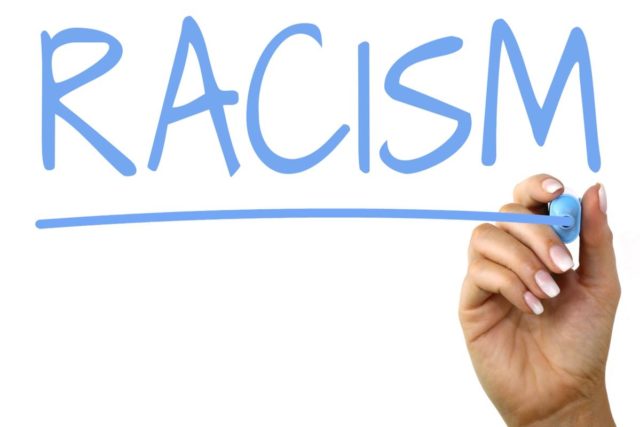In Wisconsin, African Americans and Native Americans have the highest excess death rates at every stage of life, and the infant mortality rate for non-Hispanic black women is the highest in the nation, the Dane County Health Council noted in a news release today. In Dane County, black women and men identify persistent, unchanging racial economic inequities as key drivers of health outcomes.
With this in mind, the Dane County Health Council recently signed onto the Wisconsin Public Health Association’s (WPHA) resolution that racism is a public health crisis. The Health Council members, collectively and individually, join more than 20 organizations that have publicly asserted that racism is a problem affecting our entire society.
“Framing racism as a public health crisis is absolutely appropriate, and essential,” says Madison Mayor Satya Rhodes-Conway, in a press release. “The daily experiences of racial bias paired with deeply embedded structures and systems of racist practices are a significant health threat to our communities of color. As Public Health Madison & Dane County and the city of Madison, we respond to crises. We use racial equity and social justice tools to assess new policies, procedures, and projects. We partner with racial equity education organizations. We review our hiring practices with a racial equity lens. We strive to include community voice in city planning processes. And we know these actions are not sufficient to address this crisis—that’s why it’s critical the Dane County Health Council members indicate their understanding and support of this declaration.”
By endorsing the WPHA resolution, the Dane County Health Council and its member organizations will be committing to a number of actions that will confront and address disparate conditions including:
- Working to create equitable and just organizations that incorporate anti-racism principles.
- Integrate efforts to dismantle racism and expand the understanding of how racism affects individual and population health.
- Advocating for policies that improve health in communities of color while also encouraging individual advocacy.
- Working to build partnerships with other organizations that are confronting racism.
“We know that a response to a public health crisis requires an all-hands on deck approach,” says Dane County Executive Joe Parisi. “Economic insecurity, access to affordable housing, culturally aligned healthcare – these are all areas where people of color experience injustice. As a county, we need everyone to be on board with impacting these areas—the private sector, government, nonprofits, foundations, organizations. Signing this declaration is one more way of opening the door to collaboration.”
The Health Council is encouraging other organizations in Dane County and in the region to join them in declaring that racism is a public health crisis. More information about the resolution and the process by which organizations may sign on can be found here.


































